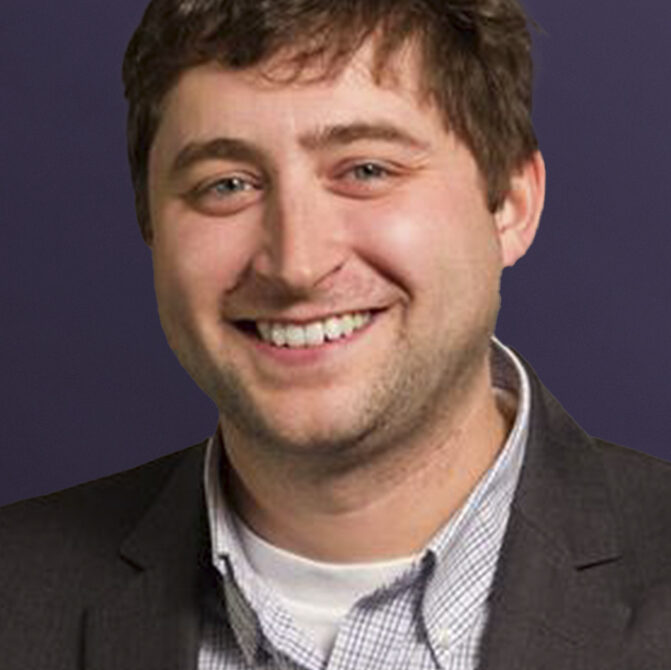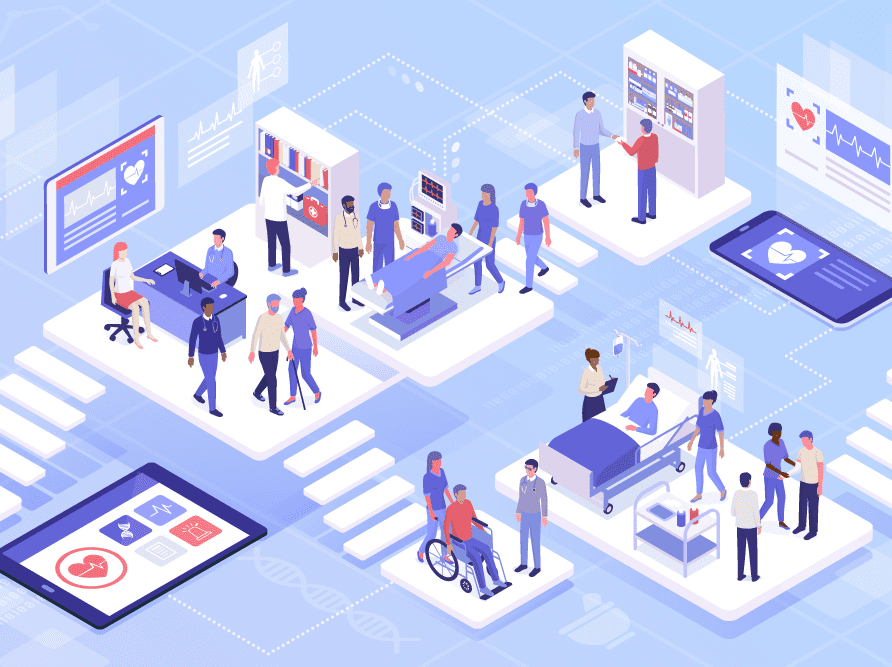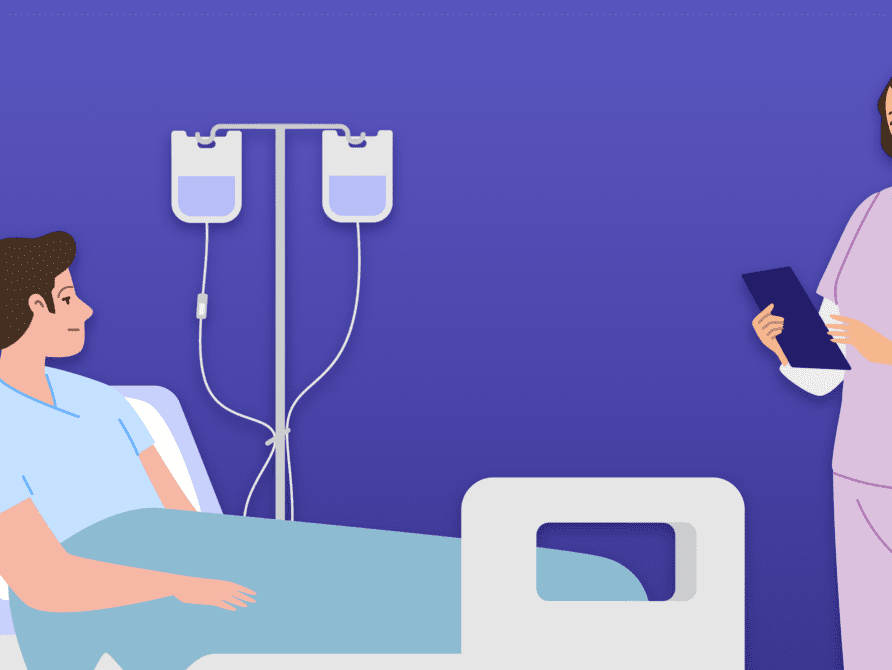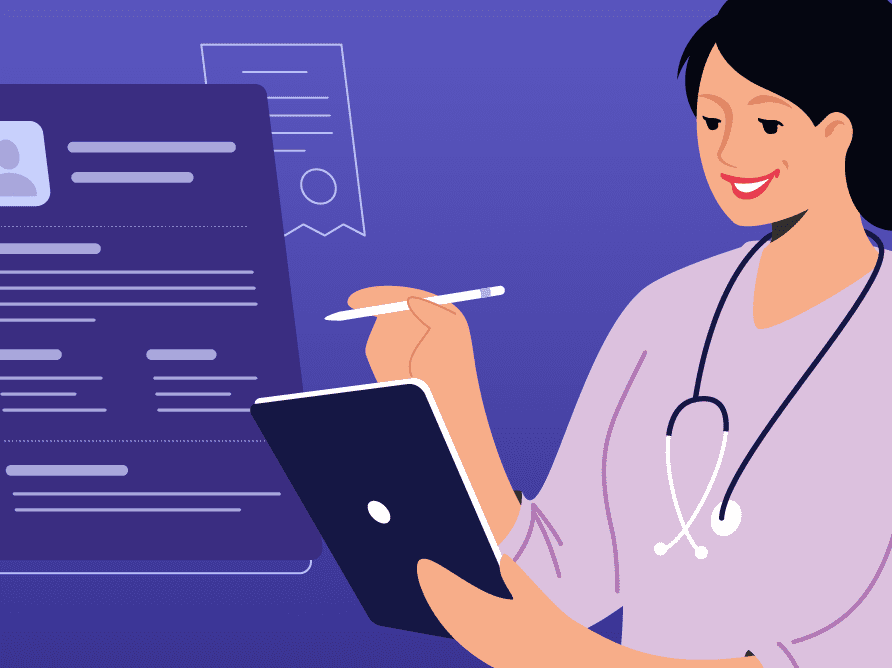Article
National Doctors’ Day: Three Altera clinicians share their perspectives on designing for clinicians today
On March 30, we’re celebrating National Doctors’ Day, a day we can all reflect on the commitment and expertise doctors of all disciplines bring to the healthcare world. At Altera Digital Health, we work alongside many doctors, relying on their unique perspectives to help our solutions come to life and work with the users, many of whom are doctors themselves. I sat down with three of Altera’s doctors and talked with each about their own reflections on where the healthcare industry is headed.
At Altera Digital Health, we work alongside many doctors, relying on their unique perspectives to help our solutions come to life and work with the users, many of whom are doctors themselves.
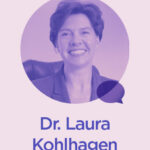 Dr. Laura Kohlhagen
Dr. Laura Kohlhagen
Having worked in a myriad of clinical settings myself, a huge element of how I approach my role is empathizing with and listening to clinicians in those settings today. I’m able to meet with clients, gather feedback and ensure that discussion is funneled back to our solutions team. I also collaborate directly with clients on new feature development. It’s simple: our clients want engagement. Through this process, they feel like they have a voice. And what I love about my role in this is that they do have a voice. As an experienced clinician, I’m able to communicate and reinforce the importance of the end-user experience for the clinicians. In addition, I’m running the Sunrise Summit Competition to educate our Research and Development department on clinical workflows. Every month our entire research and development team must complete a prescribed workflow in Sunrise. This enables them to experience using Sunrise as our clients do and helps them to see beyond the small portion of the product they work with every day. EHRs weren’t initially designed with the user experience in mind. Clinicians create workarounds to get the job done, but we’ve seen the rising impact of clinician burnout related to the EHR, when the solution does not work as intuitively, as it should. Engaging clinicians throughout the process, gathering feedback and then ensuring our developers are educated on workflow intent, while focused on user experience, we make achievements every day in creating a better solution for our clients.
 Dr. Mark Pratt
Dr. Mark Pratt
I started my career in Health IT 20 years ago, so I had a dual career alongside my emergency medicine position for many years. My priority in this position is to empower clinicians with technology, shielding them from the experience of burnout and frustration. Within Paragon®, we’ve been exploring some fascinating features that work to invigorate our EHR and inspire the clinicians who use it. First, we’re looking at incorporating ambient voice recognition into our documentation systems. This would mean that there is no required intervention to have a complete note, reducing the time that clinicians must document by hours a day. In addition, we know that the availability of data is paramount, so we’re working to make information more accessible to the clinician at the point of care. This is good for the clinician and for the patient. It will help clinicians feel energized while providing even better patient care. Also, we’re expanding our mobile solution to enable quick orders, sending of prescriptions, and secure messaging right from a phone or tablet. If clinicians using technology can feel invigorated, the healthcare ecosystem is brought to a higher level overall.
 Dr. Jeanne Armstrong
Dr. Jeanne Armstrong
I find immense satisfaction in tailoring TouchWorks® EHR—not to just meet but exceed the expectations fellow clinicians everywhere. Simply put: They need an EHR that works with them, to enable them to do their best work in providing the best care. While navigating the complex maze of regulatory requirements and competing priorities in my role is challenging, it underscores the importance of fostering a trusting and open doctor–patient relationship. The needs of physicians are at the forefront of our innovations and in 2024, clinicians will continue needing solutions that can keep up with them, instead of slowing the pace with mindless clicks, for example. We need to eliminate unnecessary technology that contributes to burnout and frustration in clinicians’ day-to-day workloads. In my role, I am constantly reminded of the delicate balance between technology and the human touch in medicine, and I strive to ensure our systems enhance this connection, rather than overshadow it. Clinicians are struggling with EHRs today, and this shouldn’t be the case. We need to enable them with the tools they need to succeed. With this in mind, I am proud to contribute to a future in which technology empowers, rather than burdens, the sacred bond between doctors and their patients.
In conclusion
We need this valuable input to achieve our goal of making healthcare better, day by day. Please join us in celebrating their voices, and the voices of clinicians across the globe, as they continue helping other caregivers drive toward the summit of healthcare.

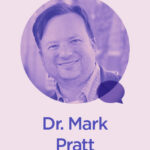 Dr. Mark Pratt
Dr. Mark Pratt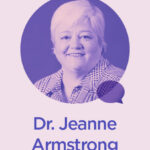 Dr. Jeanne Armstrong
Dr. Jeanne Armstrong